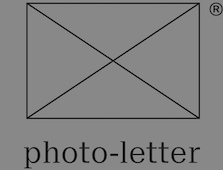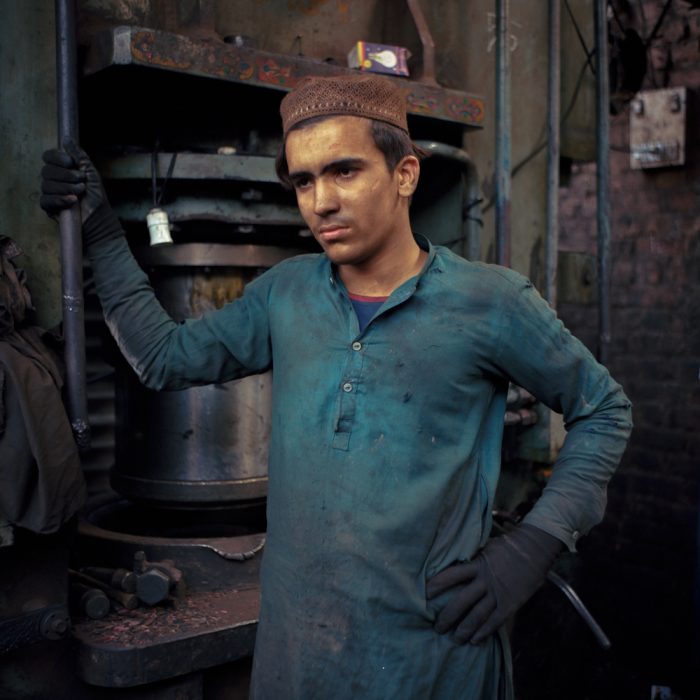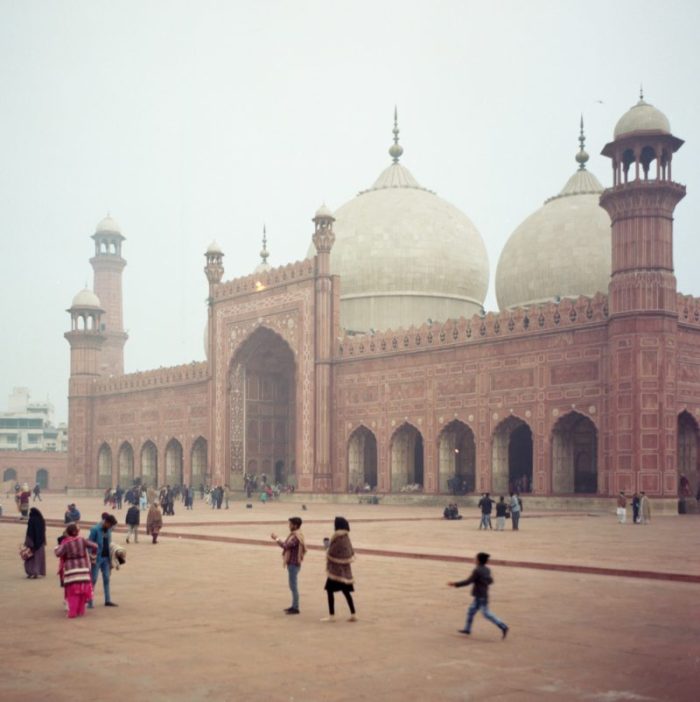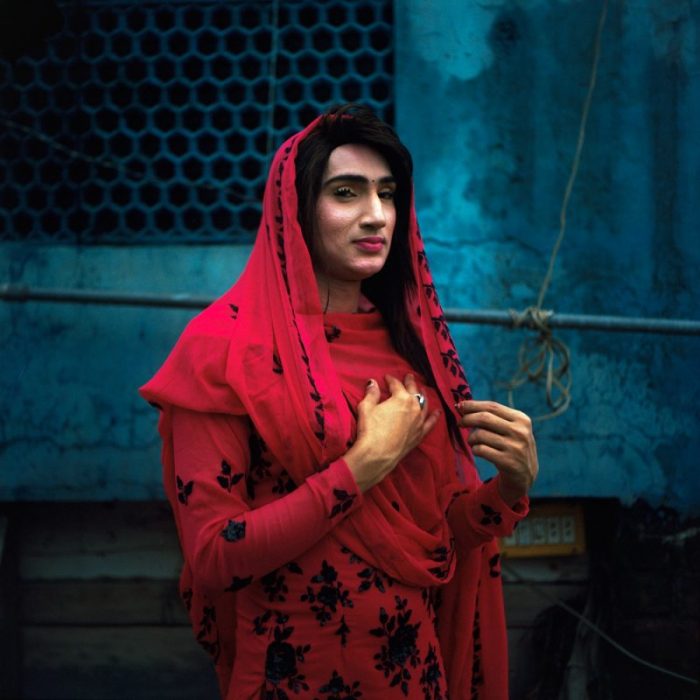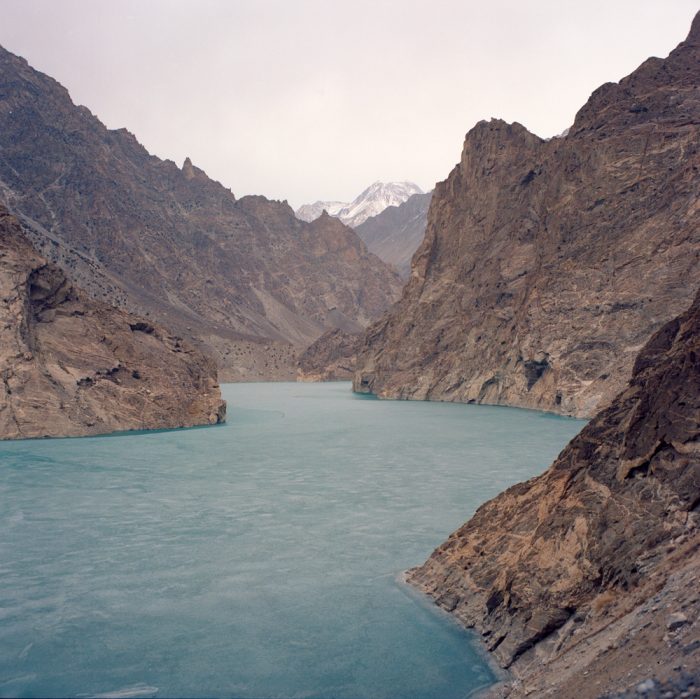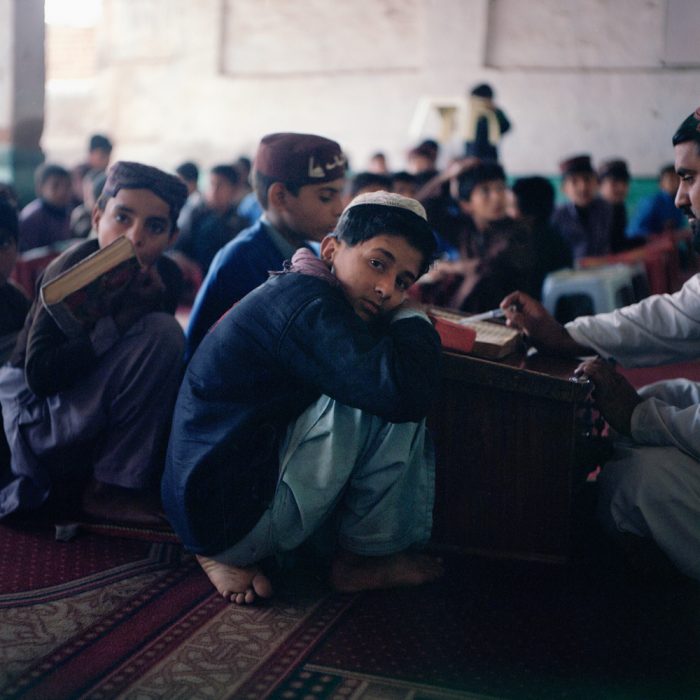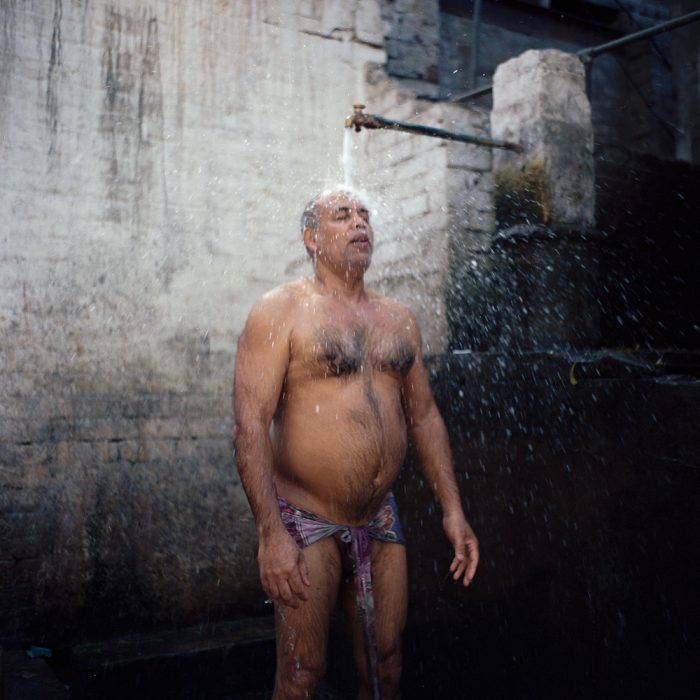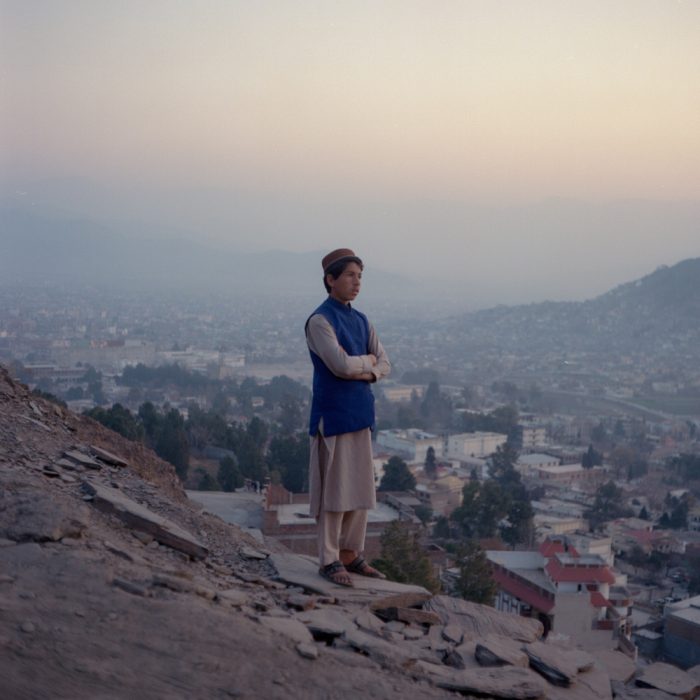The Land of the Pure
Lucas Barioulet
2021 — Pakistan
About this series
Photographer: Lucas Barioulet
Nationality: French
Based in: Paris, France
Website: www.lucasbarioulet.com
Instagram: @lucasbarioulet
Lucas Barioulet, born in Angers, France in 1996, is a french freelance photojournalist based in Paris, focusing on Islamic republics. He began working in between the United States and Mexico in 2016 and 2017 as a correspondent for french newspapers, following the presidential elections and the migrant crisis. In march 2018, he began working as a stringer photographer for the world news agency Agence France Presse, covering the world cup, the yellow vests movements and daily news in France. He also contributes regularly to french newspaper Le Monde.
Since 2018, he focused on a long-term project on Islamic republics, starting with Mauritania, exploring the different aspects and the young generations of these misunderstood countries. His serie “The Long and Difficult Path of the Mauritanian National Women’s Football” won 2nd place in the “Sport” Category at the Sony World Photography Award 2020.
In 2020, he intensively covered the covid-19 outbreak. He spent weeks inside the intensive care departments, followed first-aid workers, worked on domestic violence during lockdown and photographed the everyday life of undertakers.
In early 2021, he traveled northern Pakistan alone, during 3 months, working on Pakistan identity in his project “The land of the Pure”. In November 2021, I started a new project about the desertification of the Russian arctic around the Murmansk region, called “Memory of Sun”.
